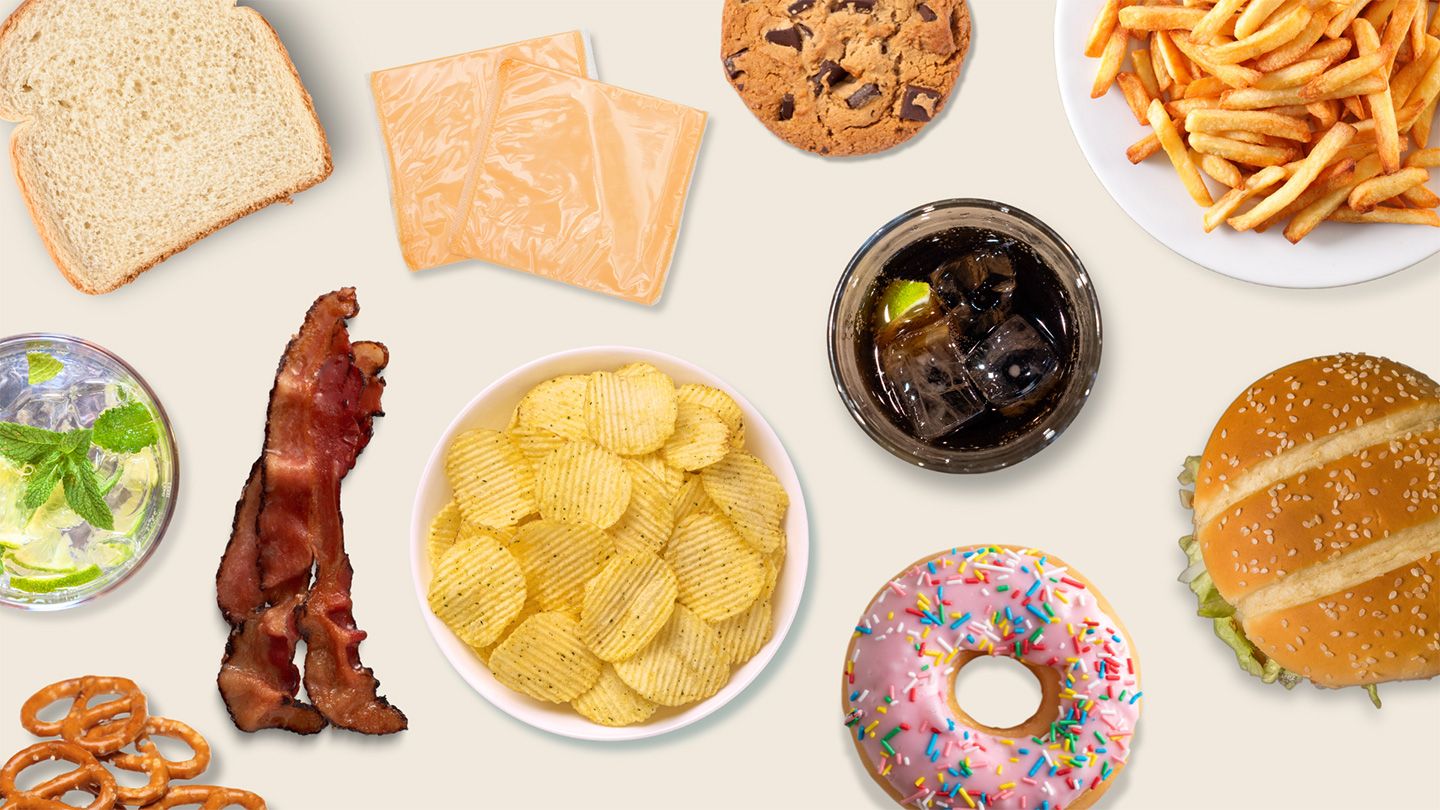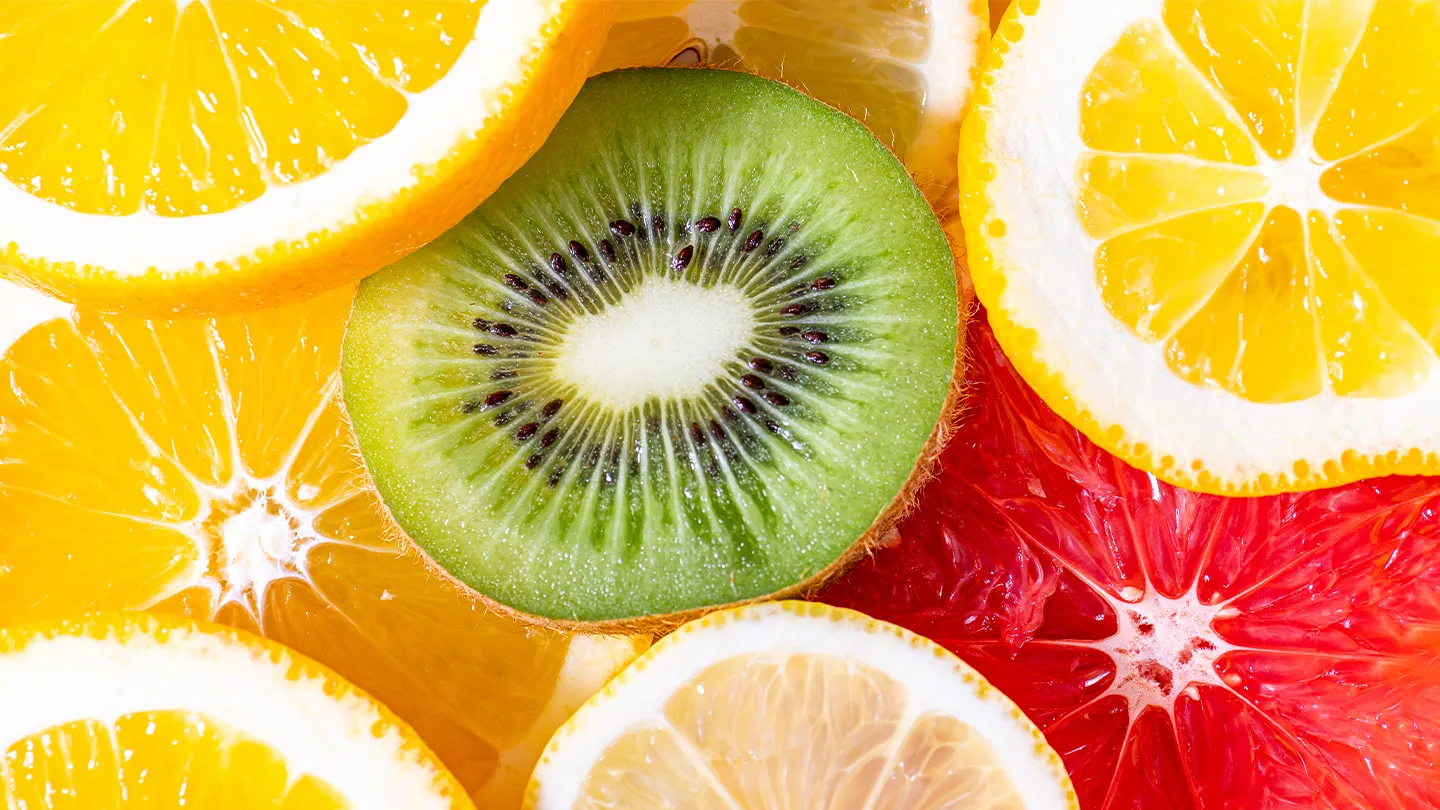Understanding Carbohydrates in Corn
Corn is a popular vegetable during the summer months, but many dieters wonder how many carbohydrates are in a cob of corn. With rising rates of obesity and diabetes, more people are considering limiting their carb intake by following diets like keto or low-carb. Knowing the carbohydrate count in corn can help you decide if it fits into your diet.
Breaking Down the Macronutrients in Corn
Understanding the nutritional makeup of corn will provide key insights into the number of carbs in corn on the cob. Let's take a look at the macronutrients:
- Protein: About 3.4 grams per 100g serving
- Fat: Around 1.5 grams per 100g serving
- Carbohydrates: 19 grams per 100g serving
As you can see, carbs make up the majority of corn's nutritional content by a significant margin. But how many carbs are in a typical ear of corn?
How Many Carbohydrate Grams in Corn on the Cob
An average ear of corn is about 8 inches long and has a diameter of 1.5 to 2 inches. After removing the tough outer husk and silk strands inside, the corn cob weighs around 7-9 ounces or 198-255 grams.
So if there are approximately 19 grams of carbohydrates per 100 gram serving, that means:
- 7 ounce ear of corn: 27g carbs
- 9 ounce ear of corn: 34g carbs
As you increase the size of the corn cob, the number of carb and calorie grams also rises proportionately.
Determining If Corn Is Keto-Friendly
Many people wonder #IsCornKeto? The ketogenic or "keto" diet only allows for about 50 grams of net carbs per day to stay in ketosis.
Since a single cob of corn can contain over 30 grams of total carbohydrates, most standard ketogenic diets aim to limit corn. Some keto dietitians even recommend cutting out all grains, fruit, starchy vegetables, and sweeteners - which would include corn.
Strategies for Fitting Corn Into a Keto Diet
However, enjoying the occasional ear or serving of corn may still be possible on keto if you:
- Carefully weigh and measure portions
- Account for the carbs from corn into your daily 50g carb allowance
- Increase exercise to burn extra glycogen stores from eating more carbs
Using strategies like those above, some people carefully add a serving of corn to keto while limiting other carbs to remain in ketosis.
Alternatives to Corn for Low-Carb and Keto
Rather than meticulously calculating corn nutrition data, many keto dieters swap corn for low-carb vegetables like:
- Asparagus
- Broccoli
- Green beans
- Zucchini
- Cauliflower
- Brussels sprouts
These vegetable alternatives provide more flexibility in carb counting for ketogenic diets.
Digesting and Metabolizing Corn's Carbohydrates
Understanding how your body handles corn's carbohydrates can provide further insights on #howmanycarbsincorn for your diet.
Breaking Down Carbohydrates from Corn
The Digestive process corn carbohydrates in several phases:
- Chewing help break down corn with salivary enzymes
- The starch in corn digests into glucose molecules
- Glucose gets absorbed through small intestines into the bloodstream
- The glucose enters cells with insulin and converts into energy
This breakdown of corn carbs provides a rapid source of fuel throughout the body and brain. But excess bloodstream glucose gets stored as fat or glycogen in muscles/liver.
Impact on Metabolism and Ketosis
Eating too many net carbohydrates from corn cob nutrition can hamper efforts to burn fat through ketosis on low-carb diets.
Ketogenic diet studies aim to keep daily net carbs under 50g per day. This depletes glycogen stores so the liver produces ketone bodies from your stored body fat for fuel instead of carbs.
Consuming too much corn can keep glycogen levels higher. This prevents the metabolic shift into fat-burning mode. Tracking your corn carb totals and staying under keto carb limits solves this issue.
Corn Carb Counts for Dieting Purposes
Whether carefully incorporating corn on a keto diet or avoiding it on low-carb, knowing the number of net carbohydrates in corn cob assists your dieting goals.
Common Ways People Enjoy Corn
To determine #corncobcarbs for recipes, examine typical serving styles:
- Corn on the Cob: 27-34+ grams of carbs per ear
- Corn Kernels: 19 grams of carbs per 100 gram serving
- Canned or Frozen Corn: 17 grams of carbs per 100 gram serving
- Cornmeal/Corn Flour: 74 grams of carbs per 100 gram serving
Add any other ingredients mixed with corn to tally up total carb counts for tracking.
Using Nutrition Labels for Accuracy
Rather than estimating carbohydrate totals, check the Nutrition Facts labels on corn packaging for exact measurements of carbs per serving.
The Total Carbohydrates line already accounts for fiber, so no need to subtract fiber grams for net carbs. This allows accurate tracking for low-carb, keto and any diet.
You can also weigh cooked corn to determine personal serving sizes. Then use carb counts on labels to calculate totals.
For example, 130 gram serving of kernels with 31g carbs (your 90 gram portion 130 gram standard serving) = 21 grams of carbs for your custom portion.
In Conclusion
Determining the number of carbohydrates in corn cob provides useful insights for low-carb dieters and effectively monitoring nutrition intake. Carefully accounting for net carbs allows enjoying corn while achieving ketosis.
FAQs
Can you have corn on a keto diet?
Most standard ketogenic diets recommend limiting or avoiding corn due to the high carb content. However, some keto dieters carefully plan their carb intake to fit in 1-2 small servings of corn per week, staying below 50g net carbs per day.
Is corn high in carbs?
Yes, corn is naturally high in carbohydrates with an average total of 19 grams per 100 grams of kernels. But corn also contains some fiber and proteins too, not just carbs.
How many carbs in 1 ear of corn?
An average ear of corn contains 7-9 ounces with 19-25 grams of total carbohydrates and 7 grams of sugar. Jumbo ears of corn can have between 30g-40g of carbs.
How to cook corn keto?
To make corn more compatible with keto diets, try cooking plain ears or kernels on the grill or stovetop with butter or olive oil to cut down on hidden carbs. But portions must still be small.
Disclaimer: This article is for informational purposes only and does not constitute medical advice. Always consult with a healthcare professional before starting any new treatment regimen.
Related Coverage
Discover the top 15 high-carb deli foods to avoid on keto, like bread, pasta salads, sugary drinks, and more. Get tips for low-carb swaps you can order instead....
It's completely possible to meet your daily vitamin C needs on a ketogenic diet. Discover the top keto-friendly vitamin C foods like broccoli, peppers, and strawberries....
Enjoy mouthwatering low-carb barbecue with these keto-friendly recipes for burgers, chicken, ribs, kebabs, sides and more. Tips to make summer grilling delicious and diet-friendly....
Vaping can cause dizziness due to nicotine's effects on blood pressure, dehydration, toxins, and more. Learn why vaping makes you dizzy and tips to prevent it....
Wondering if you can eat peanuts on the keto diet? Get the facts on peanut nutrition, carbs, and health impacts. Plus better keto snack options and peanut butter swaps....
Explore 30+ delicious low carb vegetarian keto recipes for breakfast, lunch, dinner, and more. This complete guide makes vegetarian keto easy and sustainable....
White, portobello, shiitake and other mushrooms are low in net carbs with 2-4g per serving. Learn the carb count, keto-friendliness, and health benefits of common mushroom types....
This guide explains what pranic healing is, its techniques and health benefits, plus tips for finding reputable pranic healers conveniently near your location....
Cottage cheese can fit into a ketogenic diet in moderation. This in-depth guide covers cottage cheese nutrition, benefits for keto, drawbacks, proper portioning, and healthy substitutes....
Insulin is an absolute necessity for people with type 1 diabetes, not an option. Increased awareness and support for affordability, accessibility and dietary needs....









